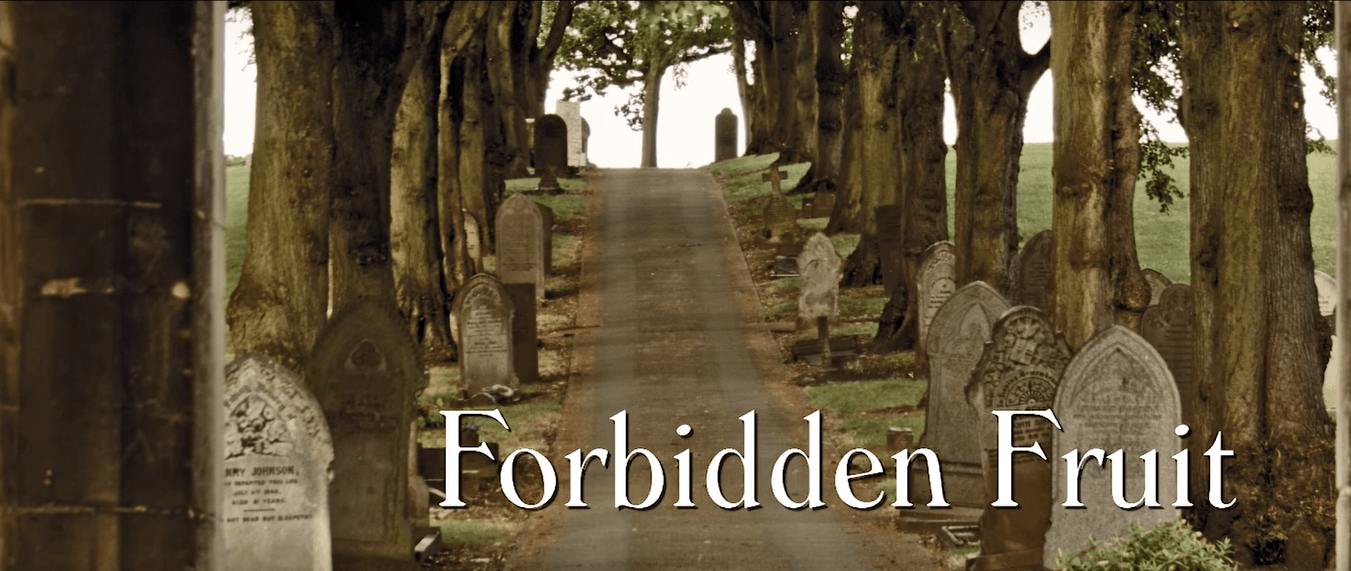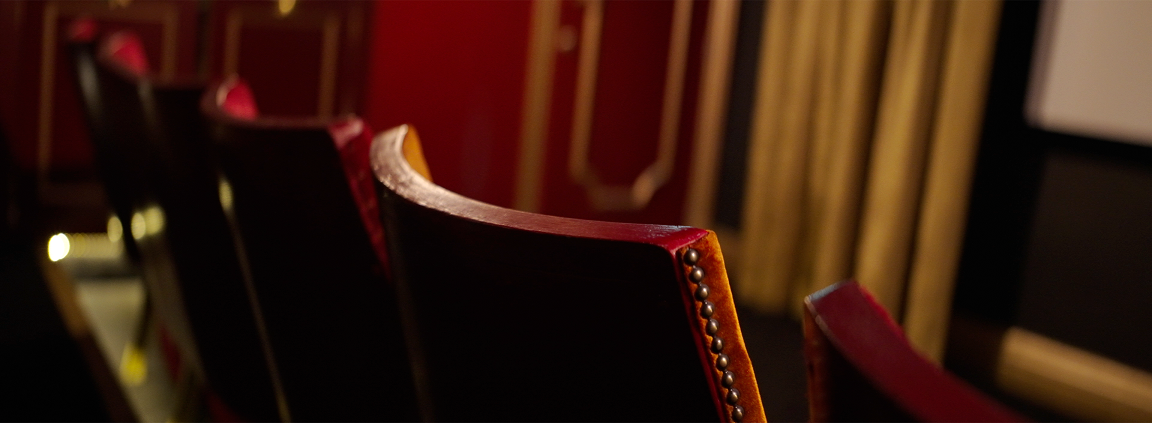Midlands Review of Forbidden Fruit
midlandsmovies • April 6, 2020
Midlands Review of Forbidden Fruit

Forbidden Fruit
Directed by Jonathan Hawes
One Door Films
Writer & director Jonathan Hawes starts his film Forbidden Fruit in a foreboding cemetery as we are welcomed into an 8-minute drama about two total strangers meeting in a macabre setting.
With a lovely gentle accompanying piano score from Barnaby Smith we get sombre shots of gravestones before we see a young workman (Daniel Hayes as Billy) eating his lunch on a bench. And he is soon joined on the seat by an older stranger (Richard Holmes as Trevor).
The stranger takes large bites of an apple, but a nasty cough belies the “apple a day keeps the doctor away” sentiment that he also shares.
Offering one of his apples to Billy, he continues to annoy his new park bench pal with information about apples before the workman is encouraged to share a private and sad story about his own experience with the legendary fruit.
The short is well filmed in a simple style and the conversation leads us down a garden path to some hidden secrets. A flashback is shown in historic Super 8 film stock which was a nice creative touch to reflect the past. And the intrigue from the strange conversation keeps the audience off-kilter as to where the narrative may go.
The sad story the man recounts verges on a bit of black comedy as we hear about a deadly Isaac Newton-esque incident about an apple tree.
The lighting during the bench scenes however seemed a little over-exposed to me. But in hindsight this could have been an intentional choice to signify a sort of divine atmosphere, I guess.
Apples themselves of course appear in many religious traditions as a mystical or a forbidden fruit and there are hints upon it in this short, which echo the film’s title.
The apple can also be seen more positively as a symbol for immortality and as we draw to its conclusion the short hints upon a more intangible aspect to its tale.
With that in mind, the final revelation gives the short a spiritual send-off with Billy’s upsetting story re-framed in the light of some new information.
Forbidden Fruit ends on an air of resolution and cleverly uses the multi-faceted meaning of an apple to explore some deeper themes. Its uncomplicated style ensures it’s easy to understand and a few surprises along the way help maintain audience interest. And so, it ends up being a passionate and praiseworthy short that endeavours to get to grips with the past, the present and possibly beyond.
Michael Sales





